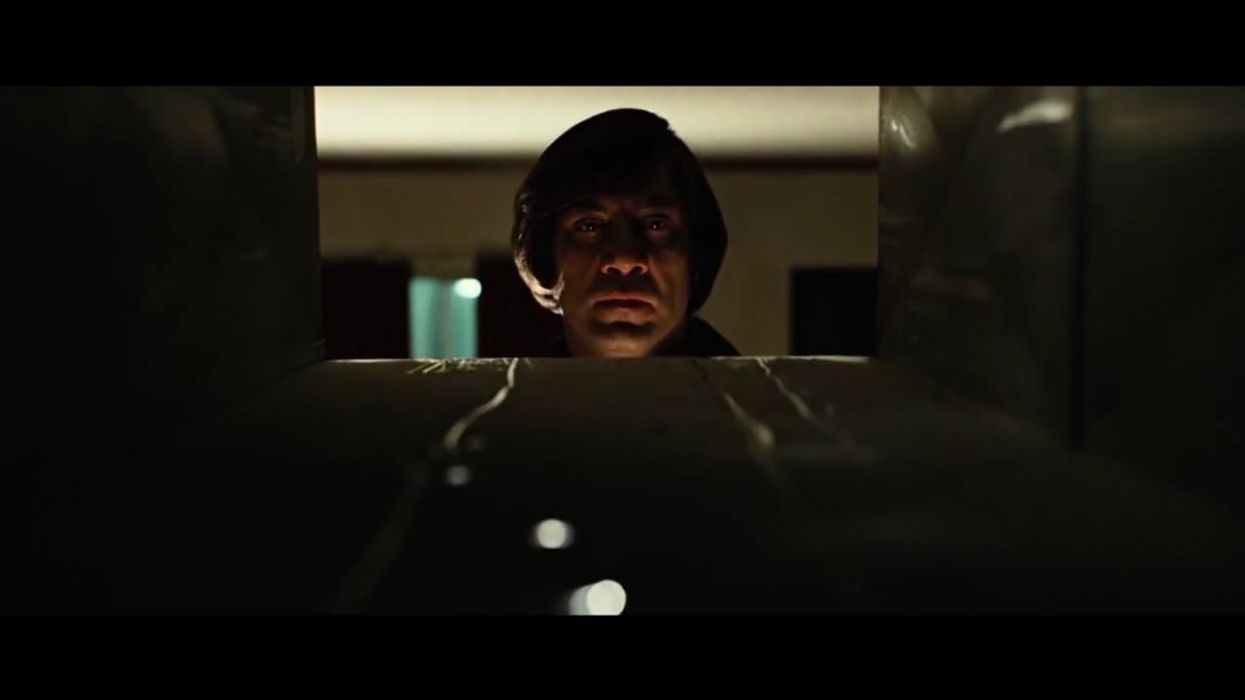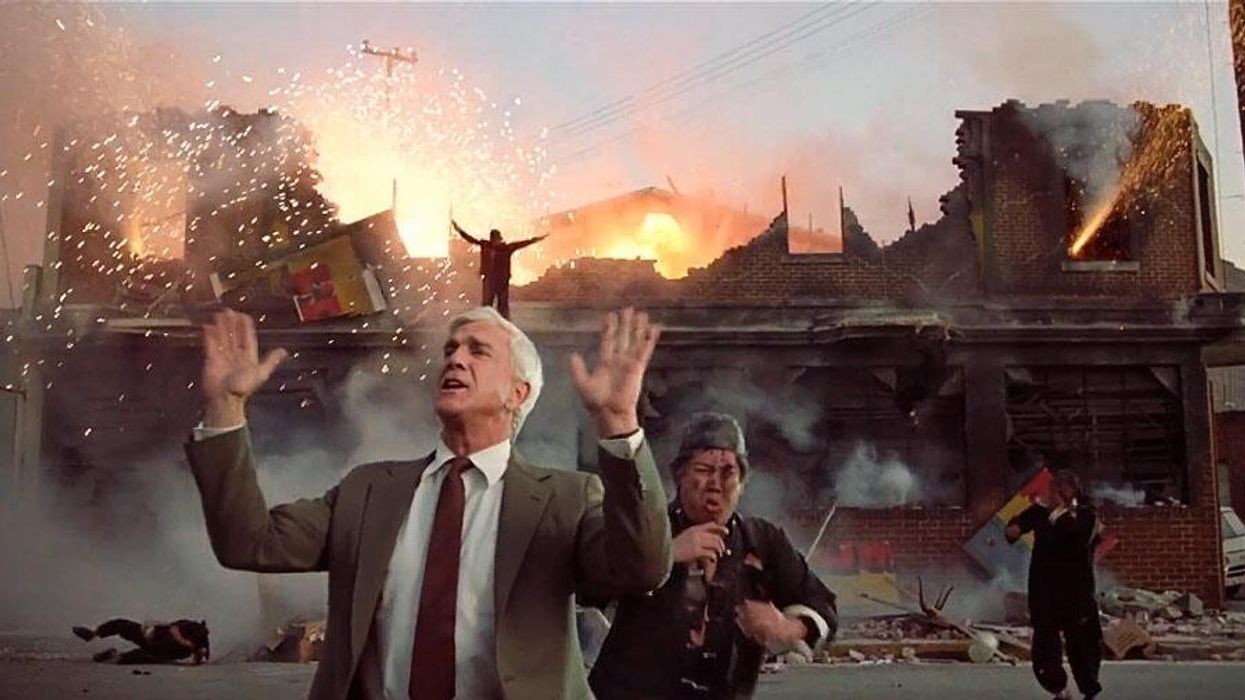How the Coens Use Cinematography to Put You Inside Their Peculiar, Bloody World
All filmmakers use a wide variety of shot types, but only a few really make them their hallmarks.

The longtime collaboration between the Brothers and DP Roger Deakins has proven that (in the spirit of director Dario Argento) blood can be beautiful. Violence and darkness are just as much a part of the Coen universe as humor and weirdness, and the way the team has married the two has formed their own kind of dialect in film language. Deakins shares his approach to shooting True Grit in the video below:
Here's a great video montage of the Coen/Deakins collaboration:
Jonathan Demme seems to have the close-up covered, but if we're talking POVs, nobody does them quite like the Coen Brothers. In this video essay, Jacob T. Swinney takes us through the many ways the Coens utilize this shot in everything from Blood Simple to Inside Llewyn Davis.
Granted, some of these shots aren't technically POV, rather shots captured from a peculiar angle, but the point remains: the Coen's use perspective, whether from a POV or otherwise, to both elicit specific emotional responses and highlight their artistic sensibilities. Which is interesting, because although the Coens are some of the most renowned and talented filmmakers working today, their style isn't easily pinpointed.
However, even though the uninitiated may not be able to know a Coen Brothers movie when then see one, the themes they often use are spread out through the entire Coen universe. Raising Arizona, Barton Fink, Fargo, The Big Lebowski, Burn After Reading -- acerbically funny, strange, a lighthearted treatment of very, very brutal violence. So, their affinity for the use of POVs actually makes a lot of sense, since entering into the curious, blood-soaked world the Brothers construct would be the purest way to really understand how terrifyingly bizarre it really is. Being able to see through the eyes of someone who's actually within the diegesis from time to time adds to the carnivalesque experience the Coens hope to give to their audience.
Whether through a POV or a crane shot that seems to make mountains grow behind two characters, the cinematography of Roger Deakins and the Coen Brothers always works to serve the story -- and that's why it works.
Source: Jacob T. Swinney











